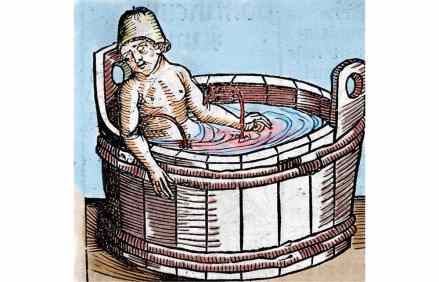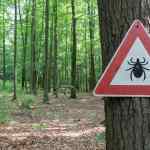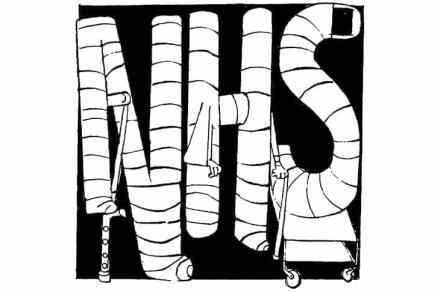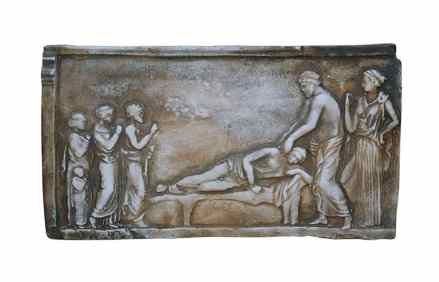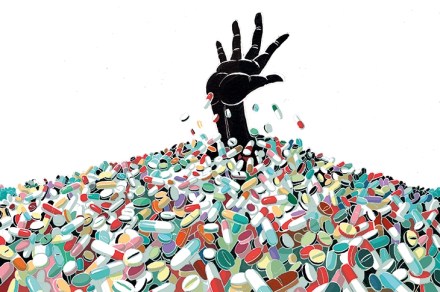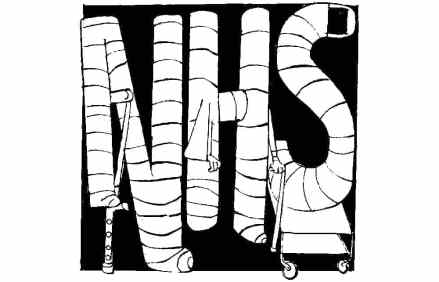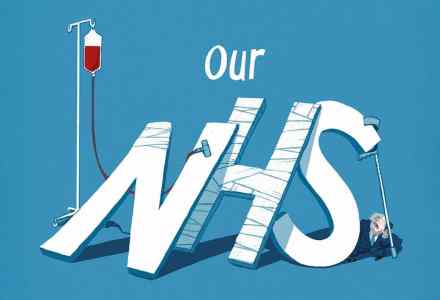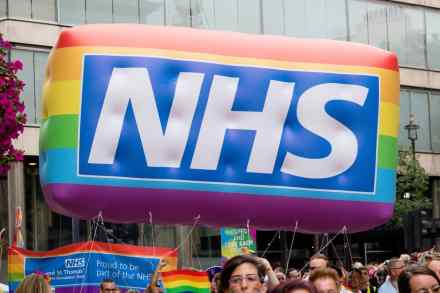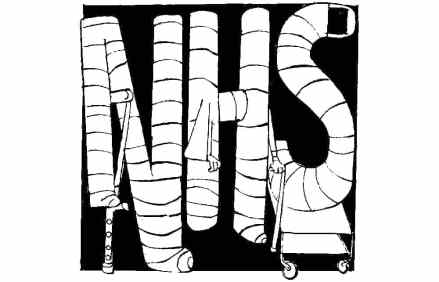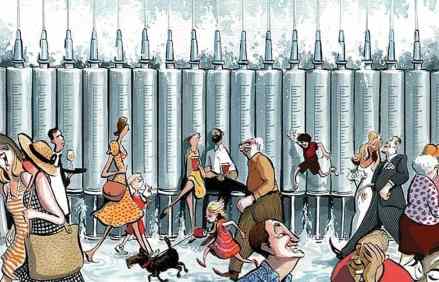Volunteers won’t save the NHS this winter
Workers are balloting for industrial action, attending mass demonstrations and preparing to strike. A ferocious tug-o’-war between trade unions and employers is playing out across the country. Though striking RMT members have been accused of ‘ruining Christmas’, the country’s greatest fears should be reserved for the NHS, which will see ambulance workers and nurses walk out before January, when junior doctors in England cast their vote on industrial action. Is there a solution? A leaked briefing from the Department of Health and Social Care suggests that the government believes volunteers could act as a buffer while healthcare staff take action this winter. The 31-page report reveals that NHS performance is




